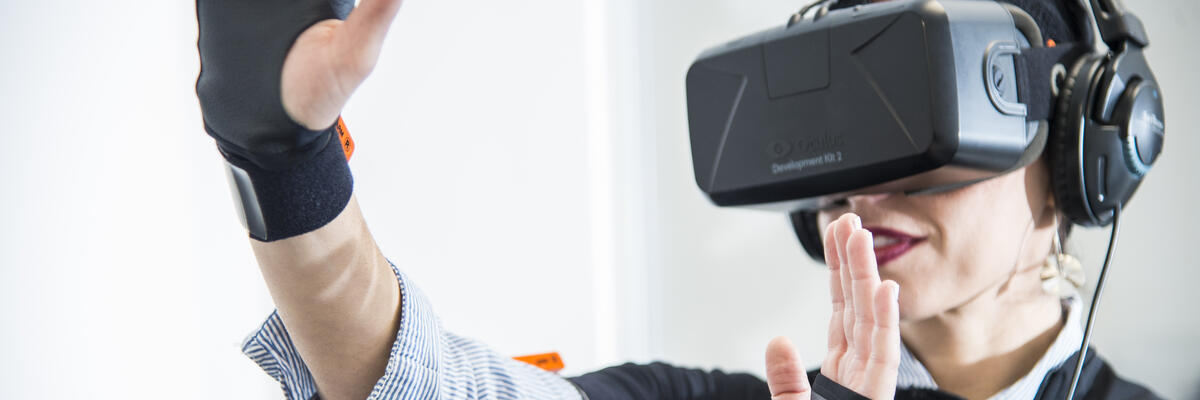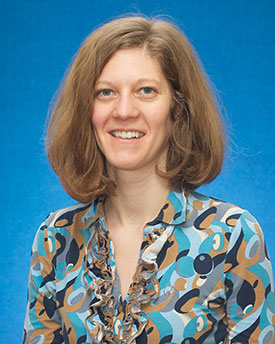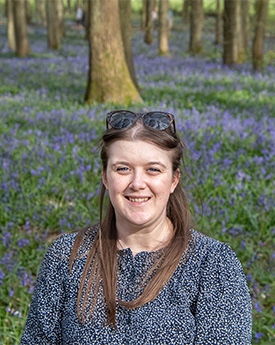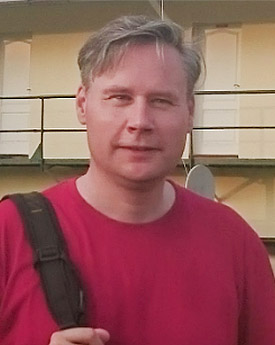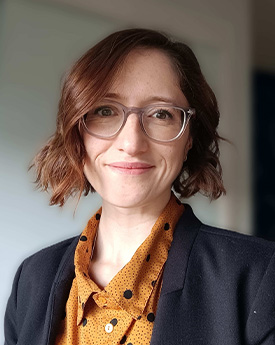About us
We conduct world-leading research to elucidate neurocognitive, behavioural, and perceptual processes across the lifespan, in neurotypical and clinical populations. We are interested in how such processes function both on an individual level, as well as when interacting with others ‘brain-to-brain’.
As well as a multidisciplinary and vibrant research culture, we have an excellent research environment with a rich source of the latest technologies for examining neurocognition including Transcranial Magnetic Stimulation (TMS: Deymed Diagnostic, single and high frequency repetitive stimulators), with Brainsight neuronavigation software), Multi-channel Transcranial electrical brain stimulation (MtES: Neuroelectrics), several Electroencephalography setups (EEG) including for infants and young children (EGI), functional Near-Infrared Red Spectroscopy, eye-trackers, Virtual Reality Suites, Computational Neuroscience facilities, Biophysics, sound-proof Auditory laboratories, and functional Transcranial Doppler. Research equipment is shared collegially across research groups, which also serves to foster innovation and new thinking across research specialisations.
As well as academic impact, our work has real-world applicability with relevance to understanding brain health and behaviour in translational neuroscience and social care sectors relating to mental health, physical health, sensory function, as well as education and sports settings. We are proud to engage with the public and our community partners in and around Lancashire and the North West of England, as well as diverse national and international stakeholders.
We are funded by the Economic and Social Research Council (ESRC), the Biotechnology and Biological Sciences Research Council (BBSRC), the Engineering and Physical Sciences Research Council (EPSRC), the Medical Research Council (MRC), as well as industry and charitable institutions such as The Leverhulme Trust and the BIAL Foundation.


